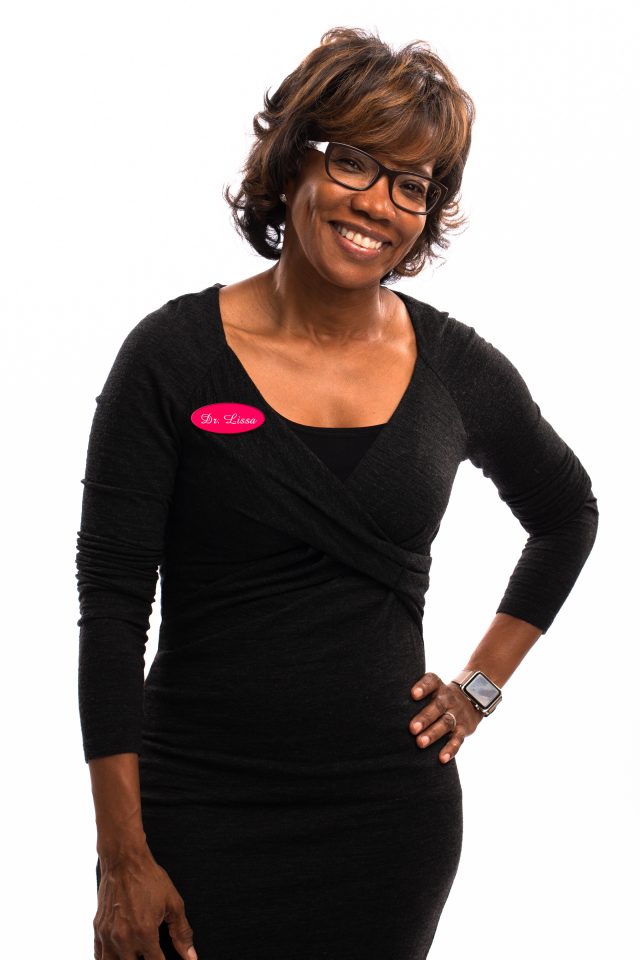
Dr. Lisa Bootstaylor is a board-certified plastic surgeon in Atlanta. Bootstaylor has been practicing for 20 years. While she focuses on all aspects of plastic surgery, she has done a substantial amount of breast surgery and breast reconstruction. Although Breast Cancer Awareness Month has passed, rolling out is continuing to encourage healthy living and knowing your body. We spoke with Dr. Bootstaylor about her practice and advocating for fair medical care for women who have breast cancer.
Why are you lending your voice to this cause?
Every year a quarter of a million women are diagnosed with invasive breast cancer. Breast cancer is the most common form of cancer for Hispanic women. For African American women under 48, it’s a disease that is more common in our population than Caucasians. Lastly, when we are diagnosed, we are diagnosed with a higher stage and it tends to be more fatal for us.
How do you impact lives as a breast reconstructive surgeon?
The American Society of Plastic Surgeons is really instrumental in making sure that women are exposed to literature about breast reconstruction. As plastic surgeons, we’re all about making patients feel whole. When they are undergoing a diagnosis of breast cancer most people want cancer removed and they don’t think about what happens to their body, their breast, or their sexual being after the breast cancer. For me, it’s been important has a plastic surgeon to partner with breast cancer surgeons and have the discussion with clients. I will consult with them before surgery and give them the option of the immediate breast reconstruction or delayed breast reconstruction. Being the first African American board-certified plastic surgeon here in Atlanta, I know the women tend to want to see female physicians. You want someone who looks like you someone who perhaps is shaped like you, someone who has a similar cultural orientation. A lot of things are unspoken and it makes the consultation immediately comfortable and at the same time, it expedites things. These patients have to see a lot of doctors and it’s a lot of information. The thing I’ve most enjoyed is establishing a relationship over time. I’m a woman’s advocate. When they’re ready for surgery, their insurance company must cover it, it’s a federal law. Once they understand that this is something they can have, the power is centered back with the patient. For me, it’s just important for them to beat cancer. I try to really make them feel good about catching cancer whenever they catch it. Whatever is done I am able to fix. I want them to feel like Wonder Woman when they’re feeling so bad. My charge here in Atlanta has been helping women to understand they have choices.
Discuss the importance of early detection, clinical breast exams, and breast-self examinations.
If the patient is over 40 years old, I make sure they get their routine mammogram and I take an extensive history of their family. They understand the importance of mammograms, self-testing, and triple checking. I make them very aware that mammograms don’t pick up everything, so you have to trust your hands and your doctors. Self-screening is very important as the first line of defense.
What do you recommend women look for when they’re doing self-tests at home?
The wonderful thing about our breasts is that there are two of them. We are always looking for symmetry. There are women that come out of the shower and raise their arm and they notice that one breast has a little dimple that they never would’ve noticed if they didn’t raise their arm. It is important to check the other side. Any discrepancies from left to right should raise a red flag. If you are concerned that the anatomy is different in one side versus another, that may be the first sign of an early stage of breast cancer. Because breast cancer can occur and sit there for many many years before it becomes obvious, any change in your breasts should be worked up.
As an advocate of women suffering from breast cancer, how are you promoting change?
I work with the American Society of Plastic Surgeons and now we have a bill that we are trying to introduce through Congress. This bill will make it mandatory for women to be given information about breast reconstructive surgery. It is a known fact that women of color and minorities really don’t understand their options. If they have to give you another booklet or another website, at least you have it and you’ve been exposed.













